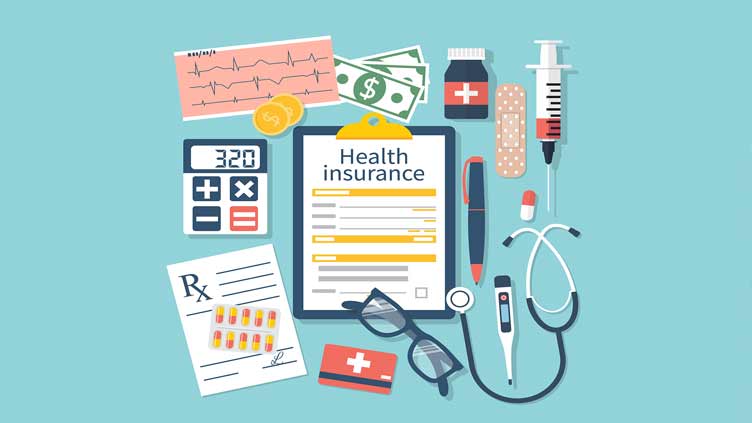Employer-sponsored health coverage costs jumped this year. More hikes may be coming

Premiums for both family and single plans climbed 7% after barely rising in 2022
(AP) - The cost of health coverage through work jumped this year, in part because of inflation, according to a survey of U.S. employers.
Premiums for both family and single plans climbed 7% after barely rising in 2022, according to a report Wednesday by KFF, a nonprofit that researches health care issues.
Later this fall, companies begin their annual coverage enrollment window for 2024, and health care experts say another price hike could be coming.
“It’s hard to imagine that there won’t be another year of health care cost increases, at least at the level we’re seeing right now,” said Paul Fronstin, director of health benefits research for the Employee Benefit Research Institute.
Employer-sponsored health insurance is the most common form of coverage in the United States. KFF says almost 153 million Americans have it. Companies generally pay most of the premium — 70% or more in many cases.
That can soften the impact of price hikes on employees. Coverage costs also are taken out of paychecks before taxes, which helps mitigate the financial pinch workers may feel, noted Fronstin, who was not involved in the KFF study.
KFF noted that premiums climbed roughly with wages and inflation.
The wider economy has felt those two pressures for more than a year, and now they are starting to affect health care costs, said Gary Claxton, a senior vice president with KFF. He noted that there can be a delay because health care contracts can keep costs stable after prices start rising in other parts of the economy.
Fronstin said health care provider consolidation also can drive up care costs, which ultimately affects premiums.
He also thinks the U.S. health care system — with its limited capacity to treat people — is still catching up on providing care that was delayed during the COVID-19 pandemic.
“There’s only so much room for catch up,” he said. “I don’t believe colonoscopy centers are running 24/7 to catch up.”


